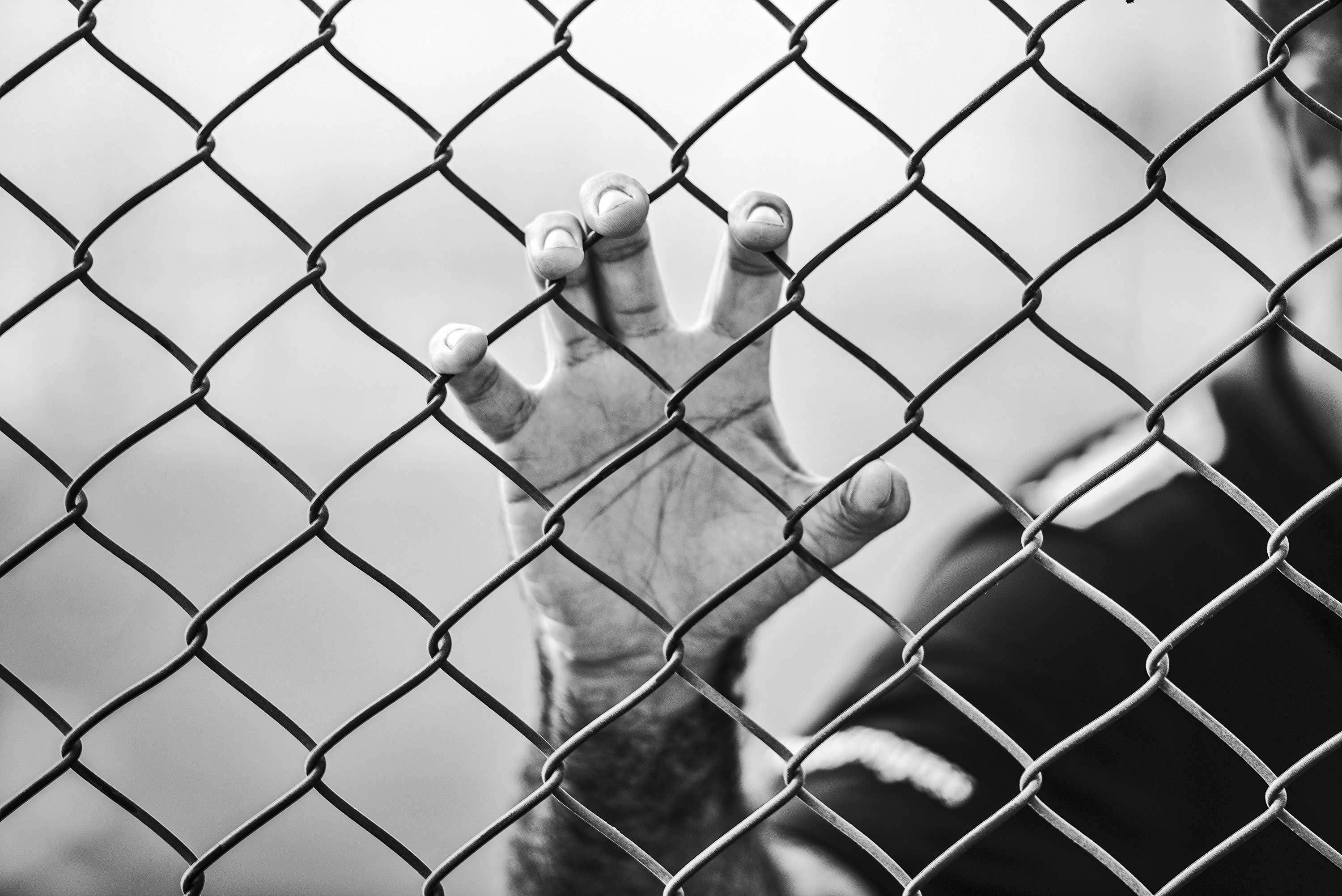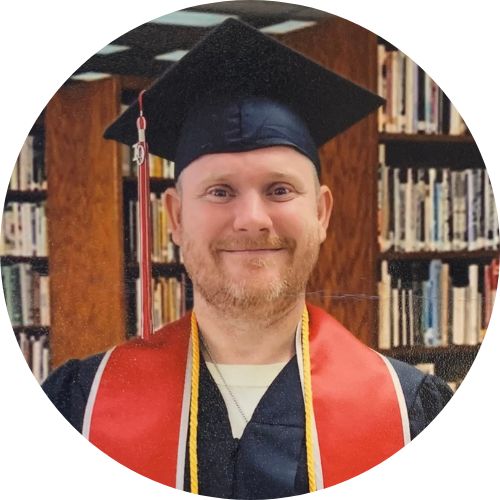Michael John Wiese was awarded 1st Place in American Short Fiction’s 2023 Insider Prize, selected by Nickolas Butler, for “Dying for a Chance to Live.”
From its very first sentence, I should start by telling you I’m not suicidal, “Dying for a Chance to Live” snagged me. The voice in this story is compelling and hilarious and tragic. Reading this story is a bit like a comedy wrapped in a mystery wrapped in a love-story. I kept turning pages because I was invested in the quirky narrator and I did not want to believe that his fate was sealed before the story even began; I wanted to believe in redemption and self-determination and even, in good old-fashioned character development. Wiese delivers on all fronts. As a stand-alone short story, this tale works and works well. But honestly? I hope Wiese turns this into a much longer project—a novel. And that is the beauty of a contest like this. Hopefully winning this competition is the sort of assurance a writer needs to keep going, to keep getting better, to keep reading, and not to quit on their craft.
–Nickolas Butler (lithub.com)
In acceptance of this honor, Michael prepared the following speech for presentation at the awards ceremony at Huston-Tillotson University, September 21st, 2023.
Okay, here it goes.
I come to you this evening from a place that may seem very far away, but most Texas prisons are right there, in your own backyard.
While many of you can only understand the prison setting and life as a type of fiction from outside yourself, the character traits and the emotions of the incarcerated fit firmly in the genre of nonfiction. They are something you can understand because they come from the shared human experience, they are inside of you.
For instance, I am a person who has survived serious childhood trauma, a person who has struggled with neurodivergence my entire life, and has found myself facing this challenge for these past 15 years.
Through all of this, I’ve learned, and cannot stress enough, the rehabilitative power found in the art of writing fiction.
Creating characters with lives and feelings, who have hopes and needs, characters who love and dream, builds an empathetic bond between the carcerally impacted individual and a society that has often marginalized and alienated them. This build bridges between these two groups that provide better understanding, and a mutual hope for the future.
Paul Simon writes in his song, The Sound of Silence, that “the words of the prophets are written on the subway walls, and tenement halls.” Our modern-day prophets, the Mandelas and Ghandis, the Martin Luther Kings, have never been rich or powerful. Our prophets have always been alienated and marginalized, the most overlooked in society. Even so, they were able to create and share their narratives, and it changed the world.
The question is, who should write the narratives of the childhood-trauma survivor, of the neurodivergent, or those impacted by the carceral system in America? Should they be written by the rich and powerful, or by the people who have experienced these things firsthand?
To own the narrative is a powerful step in the healing process. I have found the art of writing fiction to be the perfect medium to do this. And so, I leave you tonight with a challenge, we must teach people they have a basic human right to their own narrative. We must teach them how to write or speak their narrative to the world, and we must listen to the narratives being told, because out of those will come the people recognized tomorrow as the prophets who were ignored today, and the only thing worse than the fates of the prophets are the fates of those that didn’t listen to them.
Support higher education in prison, not because prisoners deserve education, but because they deserved an education long before they ended up behind steel bars and razor wires, and by doing this we might finally be able to start living up to the word “justice” in the title of our criminal justice system in America.
Thank you, and good night.





Recent Comments